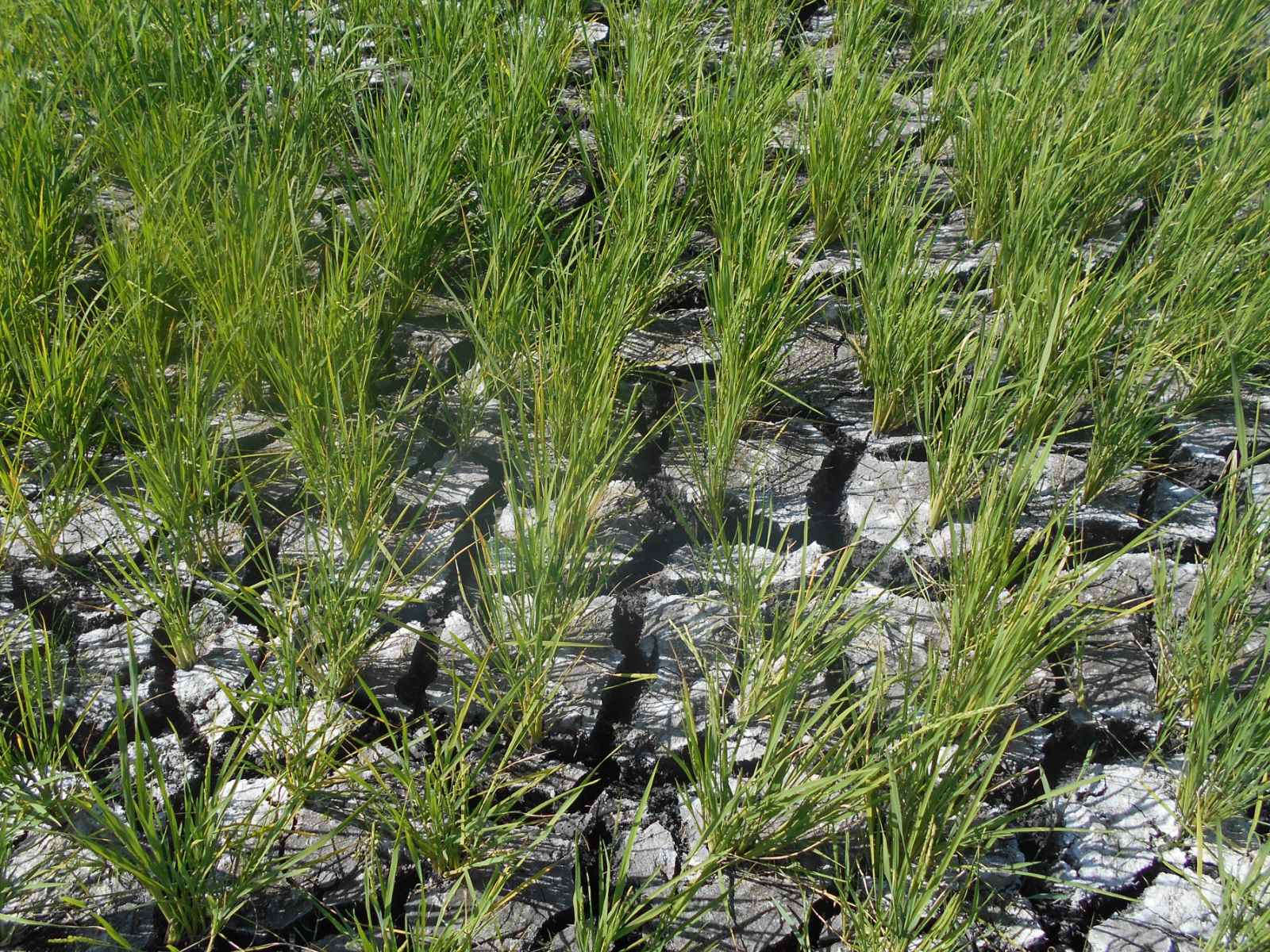
By Ferdinand Patinio | Philippine News Agency
The government is well prepared for El Niño, thus no major impact on inflation or the economy is expected, according to a National Economic and Development Authority (NEDA) official.
Undersecretary Rosemarie Edillon said with preparations and mitigation measures in place, she expects the country to deal well with the weather phenomenon.
“We always have El Niño. Three years in, three years out,” Edillon said at the Saturday News Forum in Quezon City.
“Its impact really depends on how well we prepare for it. The people already know how to deal with it with help from government agencies.”
President Ferdinand R. Marcos Jr. has ordered government agencies to prepare for the possible impact of El Niño, ensure “protocol-based and scientific” long-term solutions, and come up with a campaign to generate public awareness of water and energy conservation.
For one, the Department of Agriculture is mapping out the areas that could be negatively affected by the dry spell while the Department of Social Welfare and Development said it has stockpiled food and non-food items, ready to be augmented by local government units.
Edillon said financial assistance would come once needed.
“As we see it, preparations are going well. The actions of the government seem to be going well,” she added.
The Philippine Atmospheric, Geophysical and Astronomical Services Administration (PAGASA) said the country has yet to feel the full effects of the El Niño, which is likely to persist until the first quarter of 2024.
“We are still experiencing weak El Niño,” PAGASA Climate Monitoring chief Ana Liza Solis said in a previous interview.
She gave a 56% probability that El Niño would become moderate to strong by the last quarter of 2023.
According to PAGASA, El Niño increases the likelihood of below-normal rainfall conditions, which could result in dry spells and droughts in some areas of the country.
The bureau predicts that 36 provinces “will potentially experience dry spells” or below normal rainfall conditions for three consecutive months, starting December, mostly in the Ilocos, Cagayan, Central Luzon, Calabarzon (Cavite, Laguna, Batangas, Rizal, Quezon) and Mimaropa (Mindoro, Marinduque, Romblon, Palawan) regions; Metro Manila; and Spratly Islands, all in Luzon; and the provinces of Antique, Guimaras, Iloilo, and Leyte in the Visayas.
